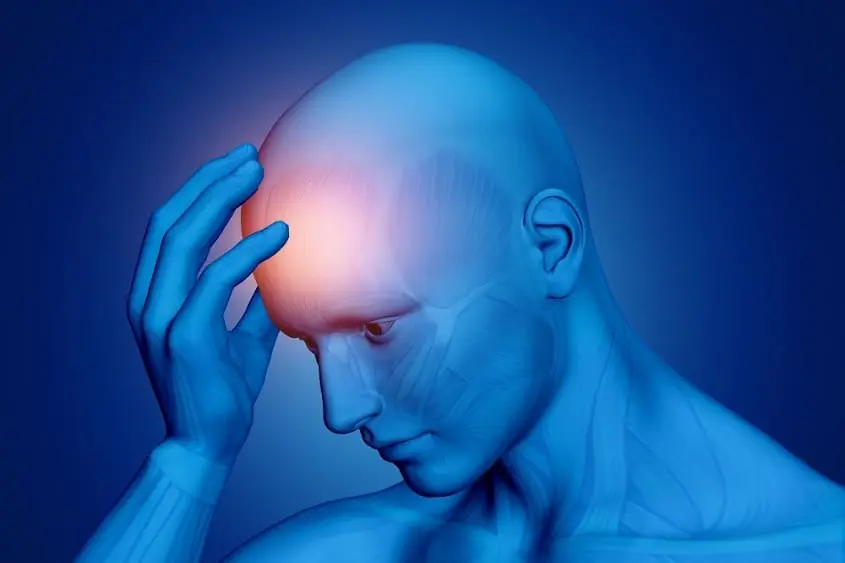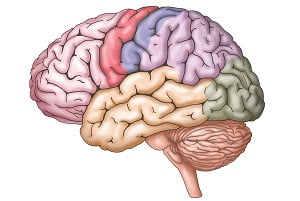Brain Tumor Headaches
- Updated on: Jul 24, 2024
- 3 min Read
By
- Published on Dec 12, 2018

Around half of the population who do have a brain tumor experienced headaches as one of the conditions they went to the doctor with. It is estimated that up to 60% of people associated with a brain tumor may develop headaches at some point in time. Some tumors do not show any symptoms until they are quite large and then cause a serious, rapid decline in health. One of these serious problems can be severe headaches. Often, these headaches occurring due to brain tumors do not respond to typical pain relief medicines.
How do brain tumors induce headaches?
A headache is one of the most common symptoms of a brain tumor, but they are also common in healthy people due to other reasons. This is why it is important to know the exact cause if headaches are persistent as it often gets misunderstood with other illness even in serious illness such as brain tumor.
As the brain has no pain receptors, therefore, headaches are not induced directly by the tumor itself. Instead, they are induced by an increased pressure on pain-sensitive nerves and blood vessels within the brain due to the tumor. The progressive pressure may be due to the blockage of cerebrospinal fluid stimulated by the brain tumor.
Healthcare professionals generally do not worry if a headache is occasional, mild or does not last for long. However, people often worry whether their headache is due to something more serious problem, such as a brain tumor, predominantly if they have recurring headaches causing excessive pain.
Consult your doctor, who can undertake a neurological examination if you are doubtful of the cause of your headaches. The checkup may involve testing of your vision, hearing, balance, arm and leg strength, and reflex and coordination. If this examination fails to show anything outside the normal range and you have no other symptoms, it is likely to be something else and not a brain tumor.
Kinds of headaches induced by brain tumors
Headaches associated with brain tumors (brain cancers) are usually:
- Worse in the morning
- Alleviated by straining, coughing, bending over – their intensity and pain may reduce when you are stood upright and the increase of CSF begins to deplete.
- Not managed by pain relievers
How does it feel to have headaches associated with a brain tumor?
Headaches associated with brain tumors:
- may be hurting or feel like a dull ache, depending on where they are in the brain
- occur sporadically, but fading over a few hours
- have a propensity to get worse eventually
- may resemble common tension-type headaches or migraines.
Other signs of headaches have been recognized as “red flags,” which may indicate a brain tumor or brain cancer. These include:
- A change in previous headache pattern
- If your headaches are associated with prolonged and recurring vomiting
- Any new muscle weakness, sensory symptoms such as numbness or speech difficulties, or visual problems
- A change in memory, personality, or thinking abilities
- Seizures: this does not have to be a full convulsive fit, however, it might be a twitching of the hand, arm or leg
How to manage your brain tumor headaches?
Here are some suggestions that may help you to manage and treat brain tumor headaches that people with brain tumor usually experience:
- Take the medication as prescribed by your healthcare professional. The doctor may prescribe steroids that may help by reducing swelling in the brain. As a result, it lowers the pressure and relieves your headache.
- Inform your healthcare professional if the medication stops functioning or becomes less effective after some time.
- Keep a headache diary and maintain important points about your brain headaches
- Symptoms can change over time. Be sure to tell your doctor immediately about any new symptoms or changes in the existing symptoms.
Types of headaches other than brain tumor headaches
Other types of headaches include:
- Headaches due to tension
- Headaches associated with a migraine
- Rebound headaches
- Cluster headaches
- Headaches linked with sinus infections
- Headaches due to flu, fever or Premenstrual Syndrome
- Temporal arteritis: headaches induced due to inflammation of temporal arteries which supplies blood to head and brain












